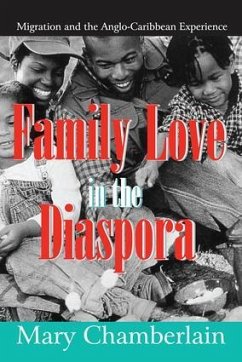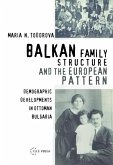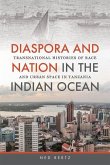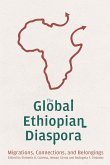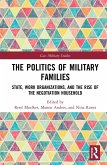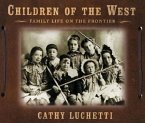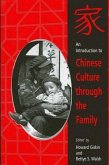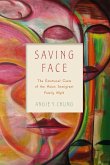Colonial social policy in the British West Indies from the nineteenth century onward assumed that black families lacked morals, structure, and men, a void that explained poverty and lack of citienship. African-Caribbean families appeared as the mirror opposite of the ideal family advocated by the white, colonial authorities. Yet contrary to this image, what provided continuity in the period and contributed to survival was in fact the strength of family connections, their inclusivity and support. Family Love in the Diaspora provides first-hand accounts of families that evolved, against the odds of slavery and poverty, to form a distinct Creole form, through which much of the social history of the English-speaking Caribbean is refracted.
Hinweis: Dieser Artikel kann nur an eine deutsche Lieferadresse ausgeliefert werden.
Hinweis: Dieser Artikel kann nur an eine deutsche Lieferadresse ausgeliefert werden.

